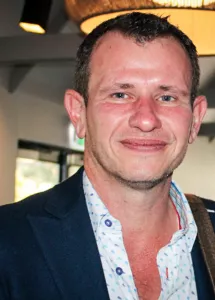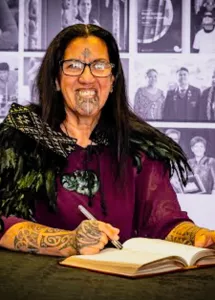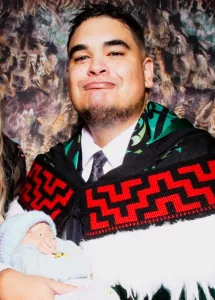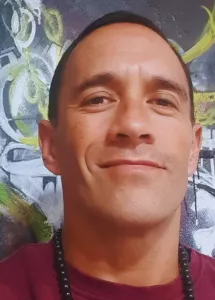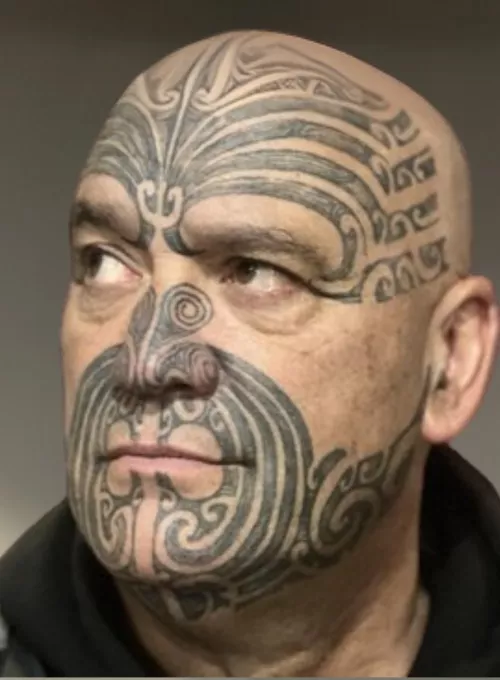
Dr Ihirangi Heke, of Tainui Waikato descent, was raised in the South Island's mountain adventure environment, which has shaped his unique approach to both personal and professional pursuits. A graduate of the University of Otago, Dr Heke has built a career helping athletes, both ordinary and elite, achieve goals beyond their expectations. His expertise in health and physical activity has established him as a leader in his field.
Dr.Heke's consulting roles include working with Google LLC, USA; Case Western Reserve University in Cleveland, Ohio; the Center for American Indian Rural Health Equity in Bozeman, Montana; and Terra.do, an online platform dedicated to environmental sustainability training. He also holds the position of Honorary Research Professor at the University of Otago.
Internationally, Dr Heke has collaborated with Johns Hopkins University (Baltimore) through the Global Obesity Prevention Center, conducting studies that integrate traditional indigenous health approaches with Systems Dynamics. He is also partnering with Washington University (St. Louis) to develop training programmes that explore Systems Dynamics from both indigenous and non-indigenous perspectives.
In New Zealand, Dr. Heke is an Honorary Research Fellow at the University of Auckland and an elite athlete performance consultant for New Zealand Sport. His work spans traditional sports such as rugby and netball to contemporary fields like golf and motorsports.
A pivotal moment in his career was his collaboration with the late Dr Paratene Ngata, which led him to move his family to Tolaga Bay and work with the local Te Aitanga ā Hauiti people. Together, they developed indigenous, activity-based preventative health solutions, encouraging local Māori to engage with their land and seascapes actively. This marked the genesis of Dr Heke’s Atua-Matua Framework, a model gaining international recognition for its application of indigenous knowledge to health and education initiatives.
Dr Heke’s work is driven by his commitment to enabling Māori and other indigenous peoples to define their own health pathways and solutions. Whether mountain biking with Te Arawa in Rotorua, engaging with students in Kaikohe, trekking in Japan, or participating in virtual meetings with colleagues worldwide, Dr Heke continues to connect the dots between indigenous knowledge, health, and well-being.
His mantra is clear: "Be busy, be active, or be gone."
Links:
Meet Dr Ihirangi Heke Toi Tangata
Toi Ako Webinar: Dr Ihirangi Heke - Applying Atua Matua while in Isolation
Dr Wayne Ngata 2017
Updated 3 December 2024
